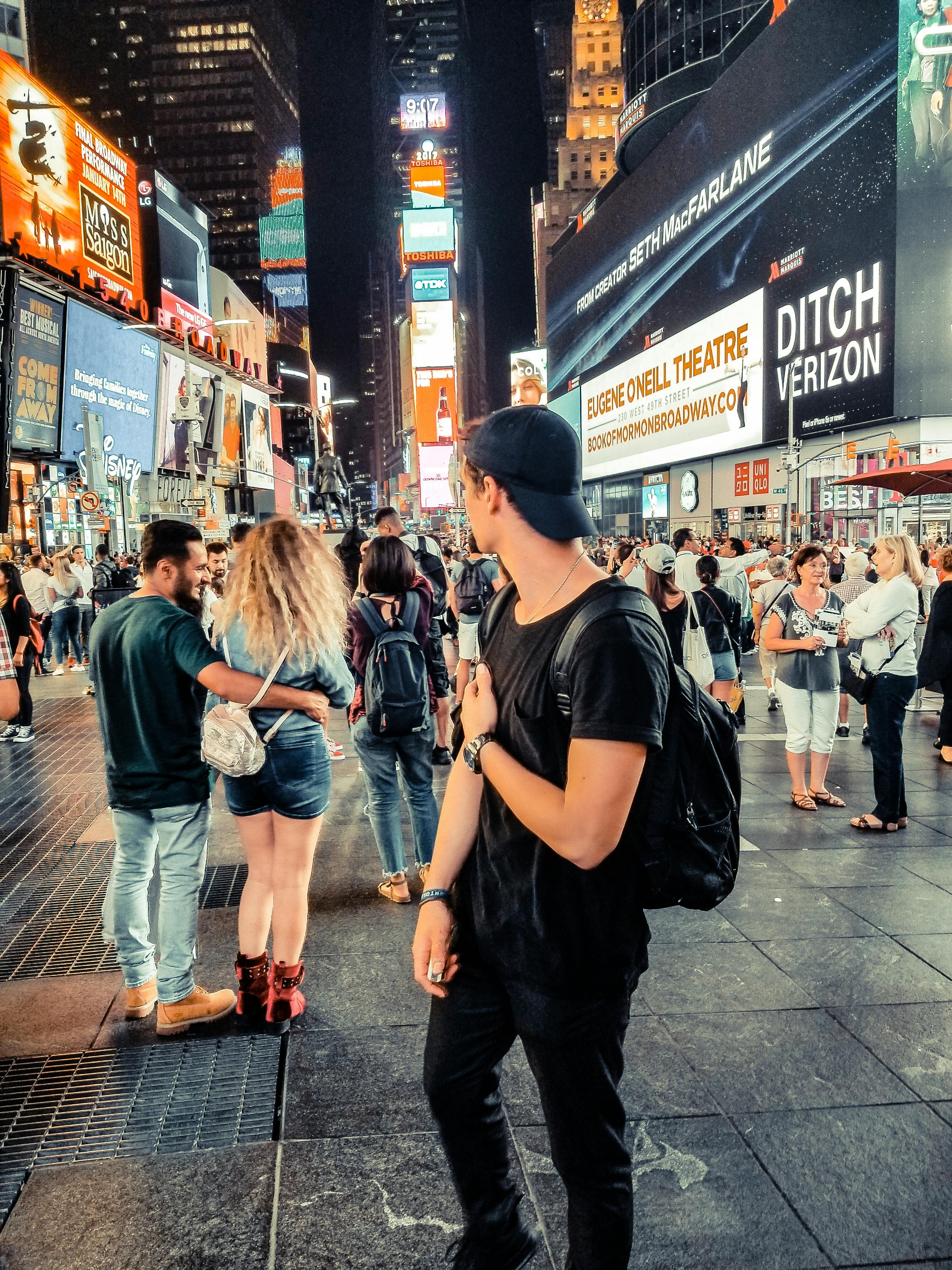
Introduction
The process of applying for a U.S. visa has evolved significantly in recent years, particularly with the introduction of new policy measures aimed at enhancing security protocols. One notable change is the mandatory submission of social media information by applicants. This regulation, announced by the US Embassy in India, requires all non-resident visa seekers to disclose their social media handles from the past five years on the DS-160 application form. This blog will delve into the implications of this requirement, outlining what it entails and why it matters for visa applicants.
What Does the New Rule Imply?
The updated guideline necessitates that visa applicants provide a comprehensive list of their social media usernames and handles across various platforms. This includes platforms such as:
- TikTok
- YouTube
It’s crucial for applicants to understand that they must report both active and inactive accounts, meaning any platform they have used in the last five years must be disclosed, regardless of how much they have interacted with it.
The Importance of Transparency
This requirement is part of a broader effort by the U.S. government to ensure thorough vetting and transparency in the visa application process. The authorities are keen on identifying potential risks, and analyzing applicants’ social media presence is deemed a vital element of this process. Any failure to disclose relevant accounts can lead to severe repercussions.
Consequences of Non-Disclosure
- Immediate visa denial: If an applicant fails to list their social media accounts, they risk being refused a visa altogether.
- Extended processing times: If social media handles are omitted, it could lead to prolonged processing times as further checks may be required.
- Red flags for future applications: Non-disclosure could result in being flagged during future visa applications, complicating the application process moving forward.
Failure to adhere to this new guideline can raise suspicions about the applicant’s intentions and reliability, jeopardizing their chances of obtaining a visa.
Why Is This Information Collected?
The U.S. State Department has made it clear that the collection of social media information is an essential part of its mission to enhance national security. By analyzing social media activity, officials can better verify an individual’s identity and uncover any connections or behaviors that may present security concerns. This measure is not unique to the U.S.; globally, immigration and border control agencies are increasingly utilizing publicly available online data for vetting and background checks.
What Should Applicants Do?
- Review social media accounts: Applicants should take the time to review all their social media accounts from the past five years thoroughly.
- List usernames accurately: It is important to provide a complete and accurate list of usernames as they appear on the respective platforms.
- Don’t omit seemingly irrelevant accounts: Even if an account seems inconsequential, such as an old Reddit or TikTok account, it must be disclosed.
- Be transparent: It is advisable to err on the side of caution—providing too much information is better than risking penalization for incomplete disclosure.
By adhering to these steps, applicants can ensure a smoother application process.
Final Thoughts
This new requirement serves as a significant reminder for all visa seekers, particularly those in India and around the globe. In today’s digital age, a person’s online presence is a fundamental aspect of their identity, and it’s important to approach the visa application process with honesty and openness.
For students, professionals, tourists, and frequent travelers, acknowledging this rule is critical as it plays a vital role in securing U.S. visa approval. Staying informed about updates from official embassy sources can help applicants complete their applications accurately and truthfully.
In conclusion, as the landscape of immigration changes, so too must individuals adapt their understanding of the requirements. Openly sharing relevant online identities is not merely a formality; it is an essential step in facilitating smoother access to the opportunities afforded by a U.S. visa.
